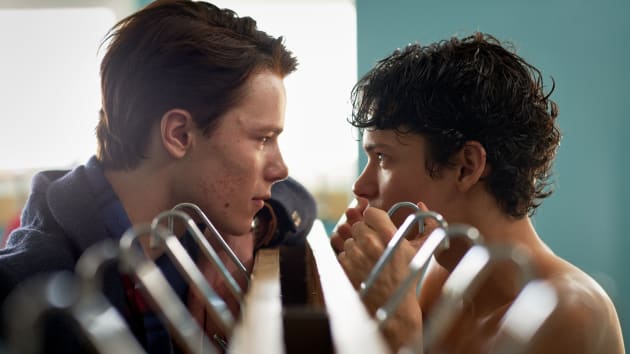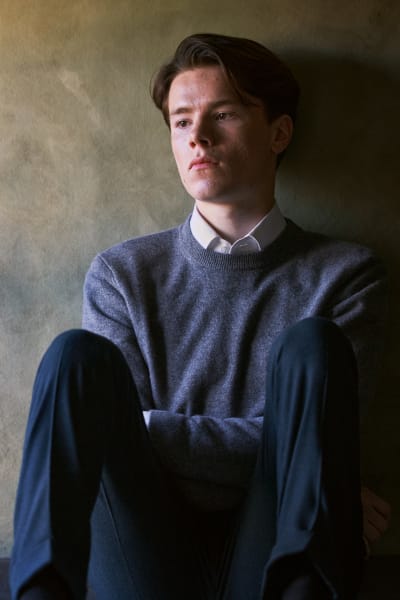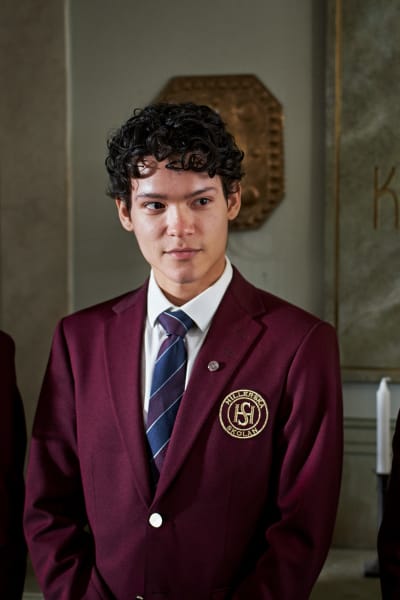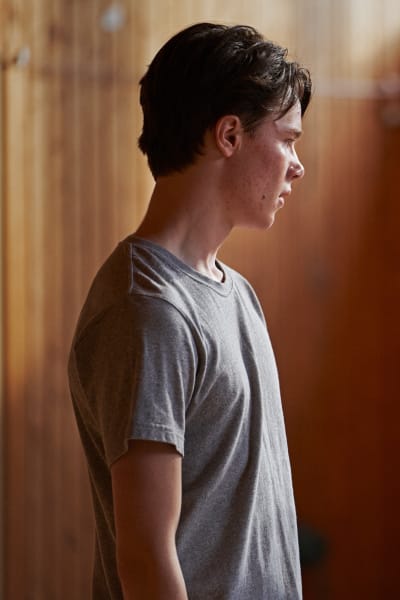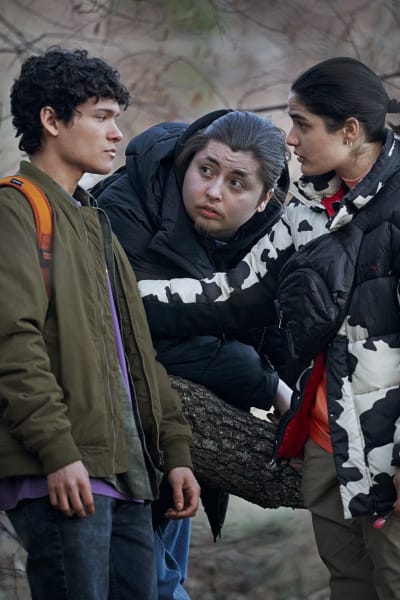On September 8, 2022, Queen Elizabeth II of England passed away.
She had led an exemplary life of service to her country and her people.
With her passing came a renewed interest in the British monarchy and monarchies in general. The discourse surrounding them and their validity — or even morality — in the modern world became rejuvenated.
Viewers of Netflix’s The Crown — a dramatic take on the British monarchy — are well aware of her struggle to rise to the throne at such a young age.
When this conversation is had, it mainly focuses on the effect monarchies have on their subjects. In a majorly democratic world, they are seen as an outdated method of governance that empowers a few people with no business wielding that power.
It can be argued that it doesn’t track to have someone be automatically considered your superior by the simple fact that they happened to be born in the “right” family.
Through trial and error, most civilizations have learned that leadership is not a talent that is passed on genetically through birth. Descendants of monarchical leaders who just so happened to be great leaders aren’t guaranteed to be good leaders.
Others may argue that monarchies are more of a symbol. They represent tradition and stability for their nations.
However, what is conveniently left out of the conversation is the toll these expectations placed upon people in line to inherit the throne takes on them.
The anxiety, fear, sacrifice, and loss they must go through just so that other people can feel like they have done something important is not worth it.
The epitome of this phenomenon is carefully explored in another Netflix series.
Young Royals primarily focuses on Wilhelm, Prince of Sweden, who suddenly finds himself next in line to inherit the throne after his mother. His brother, who had been prepared since birth to be the future king, unexpectedly passes away, throwing Wilhelm into a world he wasn’t prepared for.
This pressure induces deep feelings of insecurity and anxiety in him.
To make matters even worse, Wilhelm falls in love with his classmate Simon.
Monarchies are carefully tended to and upheld by specific standards that many people might not be able to meet.
They rely on specific caste, religion, gender, and sexuality systems. Heteronormativity is a huge factor in most monarchies since parents leave their children the throne after they pass away. It is impressed — strongly — that someone must have biological children.
When he falls in love with Simon — a boy — it’s scandalous. Granted that Sweden is a very progressive country, the monarchy has not progressed so much. His parents deny that they are against this relationship because Simon is a boy.
And maybe they are being honest. It might be because Simon’s family is not wealthy; thus, they are two people from entirely different worlds.
Wilhelm suffers from the lack of parental support that many other people take for granted. To talk to his mother, he has to seek an audience with the entire Royal Court. He has to go through people like Jan-Olof, who decide whether his concerns are important enough to escalate to the queen.
Every single aspect of his life comes under scrutiny. Something as simple as a bar brawl — which regular people resolve by walking away and forgetting about it if no one is seriously injured — gets him shipped off to a boarding school.
He learns that he cannot trust people, even those he deems to be close friends.
His friendship with August takes a hit. When he graduates from Prince Wilhelm to Crown Prince Wilhelm, those close to him start treating him differently. They stop seeing him less and less as a friend and a means to an end.
When Wilhelm toys with the idea of abdicating the throne, August is suddenly groomed to take over.
It makes it impossible for him to have meaningful relationships because most people want something from him.
His biggest problem is how to keep Simon.
Simon is his first and possibly greatest love. Simon is out and proud, and he’d be damned if he let anyone pull him back into the closet. He fails to understand why Wilhelm wants to keep them a secret.
This uncertainty of where he and Simon lie is his biggest stressor.
Simon is right in his attempts to try and protect himself. When an intimate moment between them leaks, it dawns on him how exposed they are.
In the second season, anxiety reaches new levels for Wilhelm. He has no friends he can trust, and his ex-boyfriend wants nothing to do with him. It can be a lonely way to live. His attempts to try and connect with his mother are not successful.
She delegates that responsibility to a therapist.
This system’s biggest problem is the potential to corrupt individuals and what they stand for.
The fact that Wilhelm thinks he can’t handle the pressure of being crown prince makes his confidence take a huge hit. He feels like he is inferior in some way. His late brother looked like he could handle it all with such ease. He wonders what might be wrong with him.
Finally, he figures that he has no choice but to lead.
When he realizes that the monarchy already has someone as a backup for him, Wilhelm accepts that this is not a battle he can win. He realizes that if he doesn’t step up, the country will end up under the control of an objectively bad man.
He realizes that August wants this, maybe way too much. There is no line August will not cross — including going above and beyond to evade justice — to get what he wants.
If August gives the speech, it is over and done. He has to stand firm or let a weak man lead.
That is the final corruption.
Even though he doesn’t want to, he has to.
This aspect of the personal lives of people in the monarchy is greatly underlooked. From Prince Andrew and Camila to Princess Diana and the fictional Prince Wilhelm, there is no shortage of examples of how damaging this system can be.
Someone might object and say, “well, people undergo these challenges even when they are not in a monarchy,” and fair enough. The thing is, though, they don’t have to.
It’s not a huge ask to let someone discover what they want to do with their lives, who they want to spend their lives with, and the freedom to make decisions about their lives.
I don’t know what’s worse — someone who wants it a lot or doesn’t want it at all and they both will end up on the throne at some point.
What do you think?
Hit the comments below.
Denis Kimathi is a staff writer for TV Fanatic. Follow him on Twitter.
